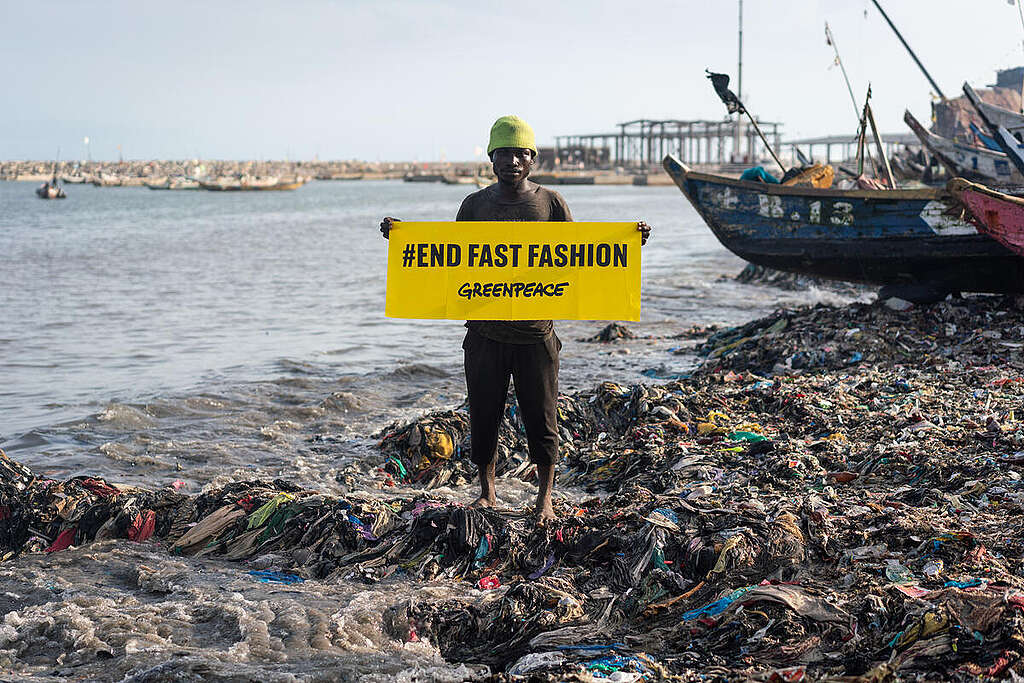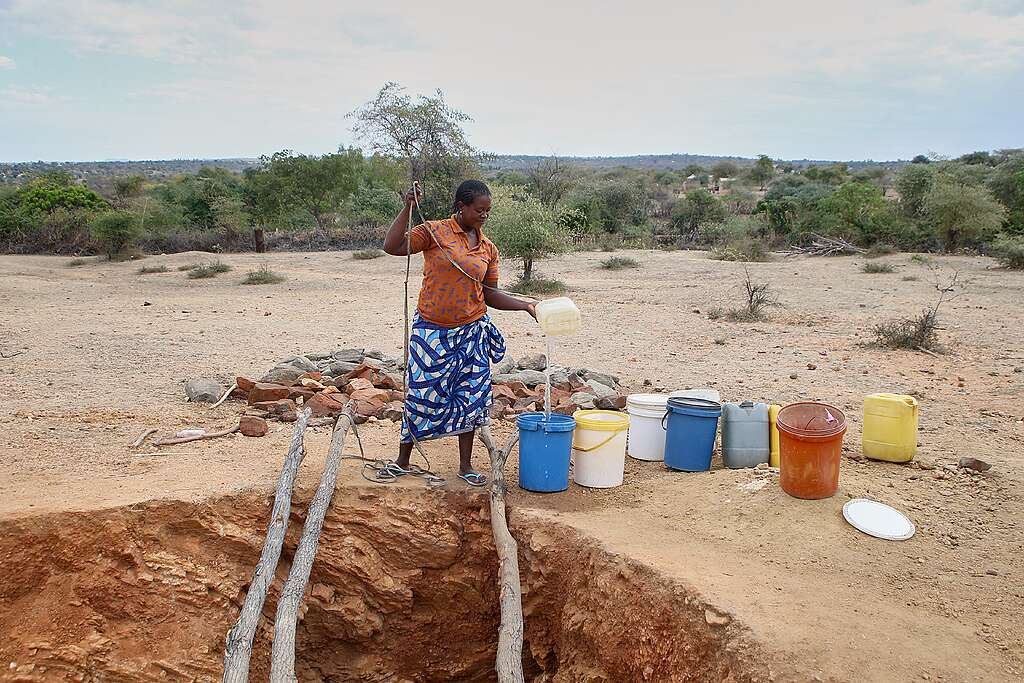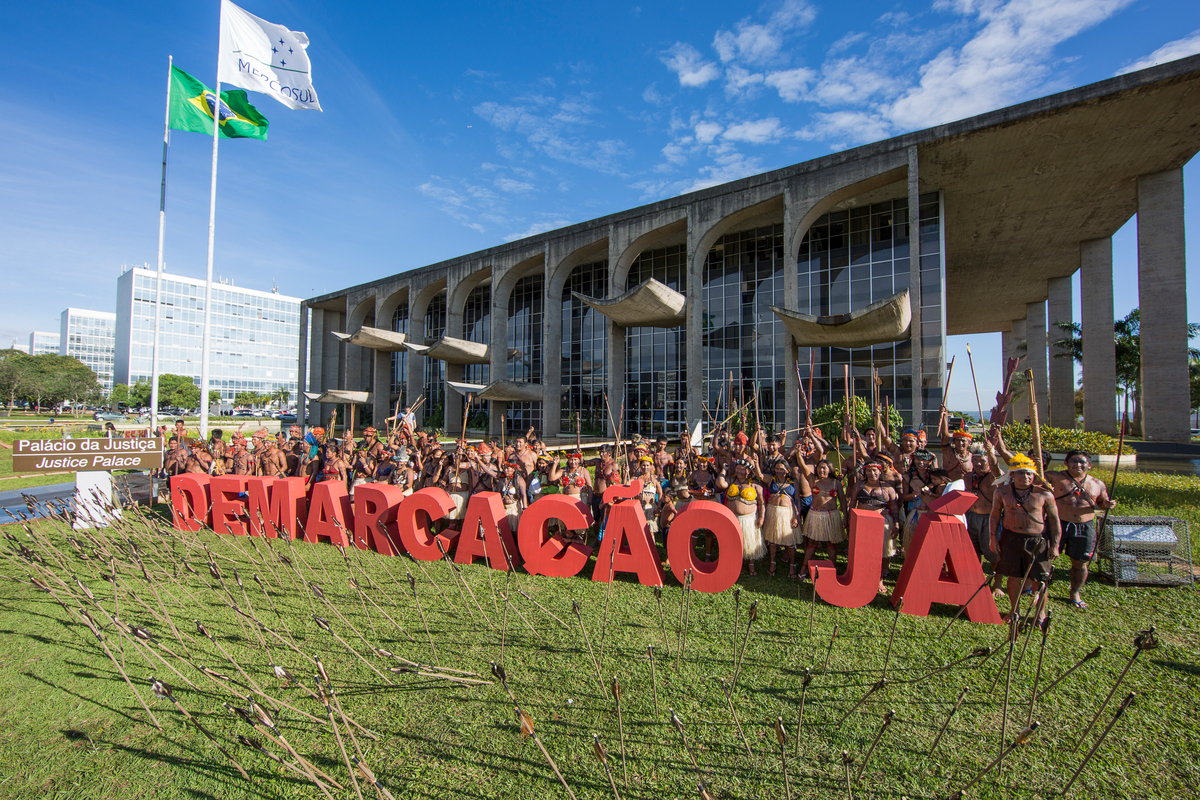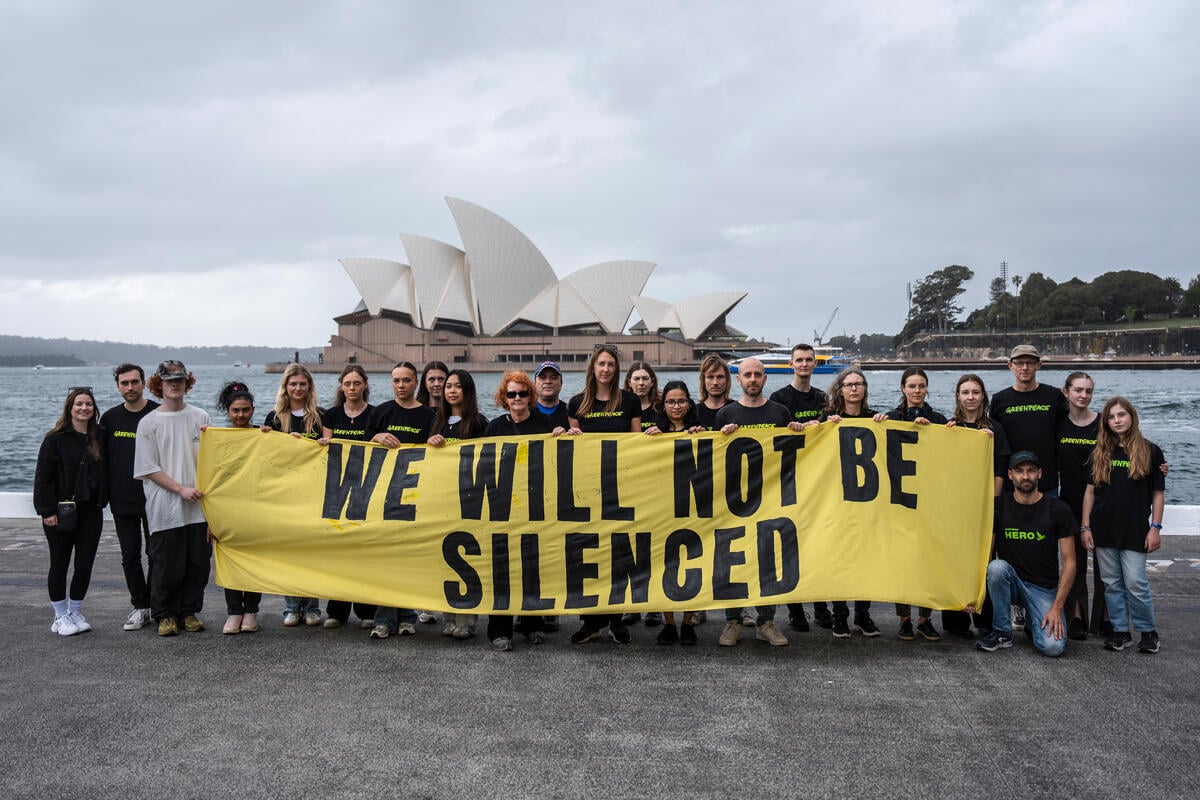Time to act: UNEP paints bleak climate picture without rapid emissions cut
Amsterdam, Netherlands – The latest UNEP Emissions Gap Report has warned that if countries do not commit to rapid action to cut rising climate pollution emissions, the Paris Agreement’s goal of limiting global warming to 1.5°C will be gone within a few years.
Tracy Carty, Climate Politics Expert at Greenpeace International, said:
“For 15 years, the UNEP has been sounding the alarm on the great chasm between political will for climate action and the worsening emissions trajectory fuelling rising temperatures. These reports are an historical litany of negligence from the world’s leaders to tackle the climate crisis with the urgency it demands, but it’s not too late to take corrective action.”
“The UNEP has repeatedly warned current policies will lead to global heating far exceeding the goals of the Paris Agreement, to the detriment of nature and communities globally. Are our political leaders reading these reports? On the evidence of their current plans and policies, most seem oblivious to the urgency.
“We challenge leaders to embark on wholesale change in their 2035 climate plans, to come to COP29 prepared to finance climate action and to make up for lost time. The COP28 decision to transition away from fossil fuels must now lead to plans for ending coal, oil and gas and to cut emissions to put the world back on the trajectory we need. Climate crunch has arrived and the 1.5°C goal is currently on life support.”
The Emissions Gap Report 2024 found that it remains technically possible to get on a 1.5°C pathway, with solar, wind and forests “holding real promise for sweeping and fast emissions cuts”, alongside energy demand reductions. However, a failure to increase ambition in countries’ 2035 climate action plans, known as Nationally Determined Contributions (NDCs), would put the world at risk for a temperature increase of 2.6-3.1°C by the end of this century.
The UNEP also called on countries to explain how their 2035 NDCs contribute to tripling renewable capacity deployment and doubling annual energy efficiency rates by 2030, agreed at COP28 last year, and to transitioning away from fossil fuels.
An Lambrechts, Biodiversity Politics Expert at Greenpeace International in Cali for COP16, said:
“What is needed is well beyond reduced deforestation, reforestation and so-called sustainable forest management. What science says is that protecting high-integrity carbon-rich ecosystems like primary forests offers the highest mitigation value in the land sector. Maintaining ecosystem integrity is equally important for climate adaptation. Governments should urgently start implementing the goal that was agreed at COP28 last year: halt deforestation and forest degradation by 2030.
“At COP16, governments must push a clear call for protecting ecosystem integrity and agree on a mandate for joint work between the UN conventions on climate and biodiversity. That way, governments at COP29 in Baku can respond and set the scene for real progress in time for the ‘climate and nature COP’ in Brazil at COP30. Coordinated, immediate action on both fronts is required to solve the twin biodiversity-climate crisis.
“Not all forests store carbon the same way. Science indicates primary forests store exponentially more carbon. Protecting these high-integrity ecosystems should be the priority.”





